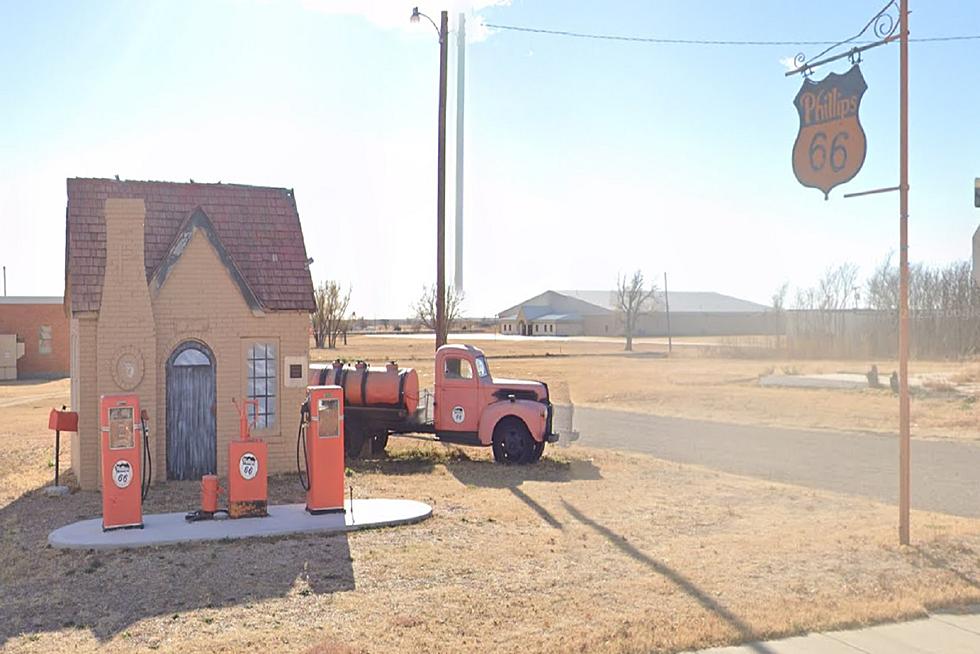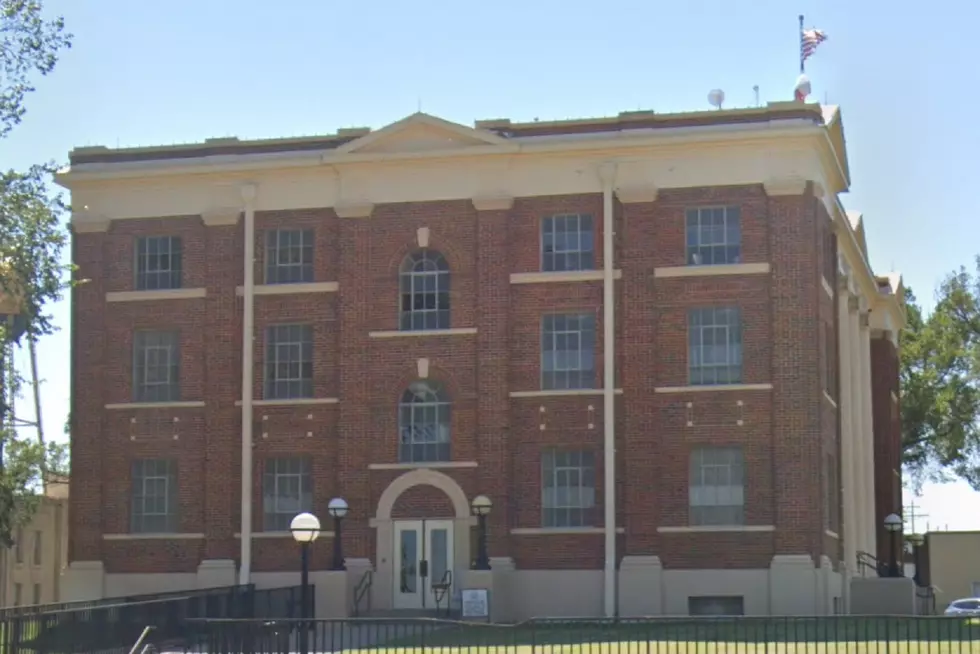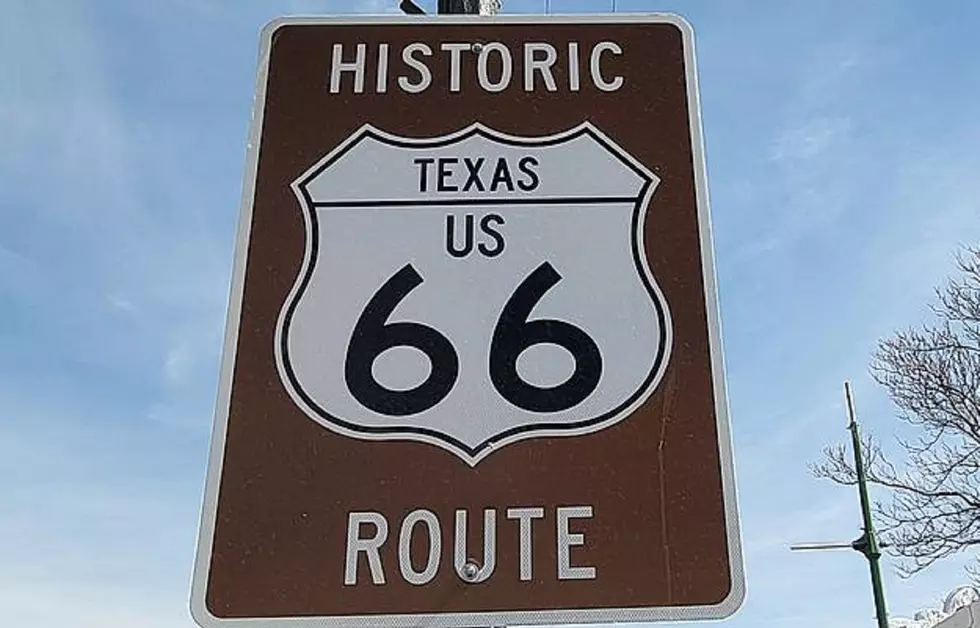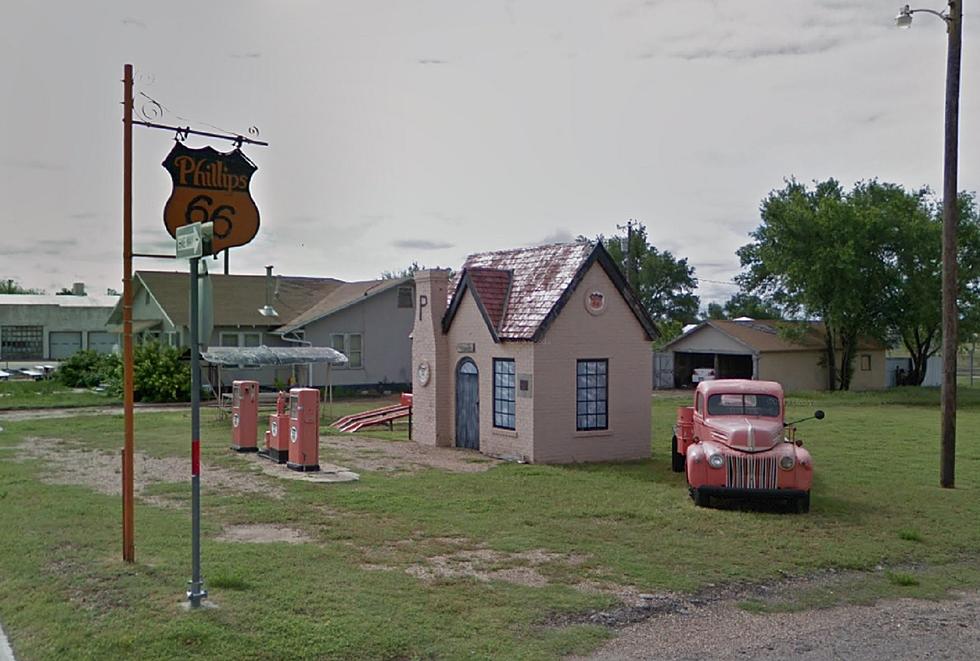
Do You Know About McLean, TX And Its German Prisoners Of War?
McLean, Texas; a place you would be forgiven for passing by on I-40. There isn't much of a siren call to get you to stop. Unless you're in desperate need of gasoline, you just pass it by.
But, do you know about McLean's history regarding the German prisoners held there?
McLean, Texas; The Tiny Texas Town With A Lot Of History
McLean has a few claims to fame under its belt. There's the Devil's Rope Museum. It's also a big part of Route 66's history in the Texas Panhandle. But there's more to the unassuming town than the Mother Road and a museum.
During WWII, the Texas panhandle actually played host to its fair share of POW camps. That's right; the panhandle of Texas housed prisoners of war during WWII.
I don't remember studying the vast number of POW camps in the US during WWII in school, which is probably why I was so surprised when I found out about those in the Texas panhandle.
McLean was the site of one such POW camp, where the US housed German prisoners from both the North African campaign, and Normandy Invasion. It was in operation from 1943 to 1945.
Probably Not The Stories You Would Expect From A German POW Camp In Texas...
Stories I could find from that time paint an interesting picture of the German POWs living near McLean. It wasn't like the POWs were hidden from the folks in town.
Supposedly, the prisoners would arrive by train. Once off the train, they would be lined up in the middle of town and then have to march the more than two miles to the camps. There are stories of the German POWs being allowed to work in nearby cotton fields.
Supposedly, several people from the town actually held down jobs at the camps. Hell, the historical marker at the site actually states that many lasting friendships were formed with some of the German prisoners.
How's that for Texas hospitality? I tell you what.
Not Much Remains Of The Once Populated McLean POW Camps
Some foundations were left behind. There's a historical marker. But that's pretty much it.
After the war was over and the prisoners were sent back, the camp was declared surplus and its contents auctioned off.
Supposedly, the airstrip of the small airport in McLean runs through the heart of what used to be a German POW camp.
This Florida Man Can't Handle All the Texas of the Panhandle
Look: 25 Must See Landmarks On Route 66 From Tulsa To Glenrio
25 Landmarks of Amarillo and the Texas Panhandle
More From Mix 94.1









